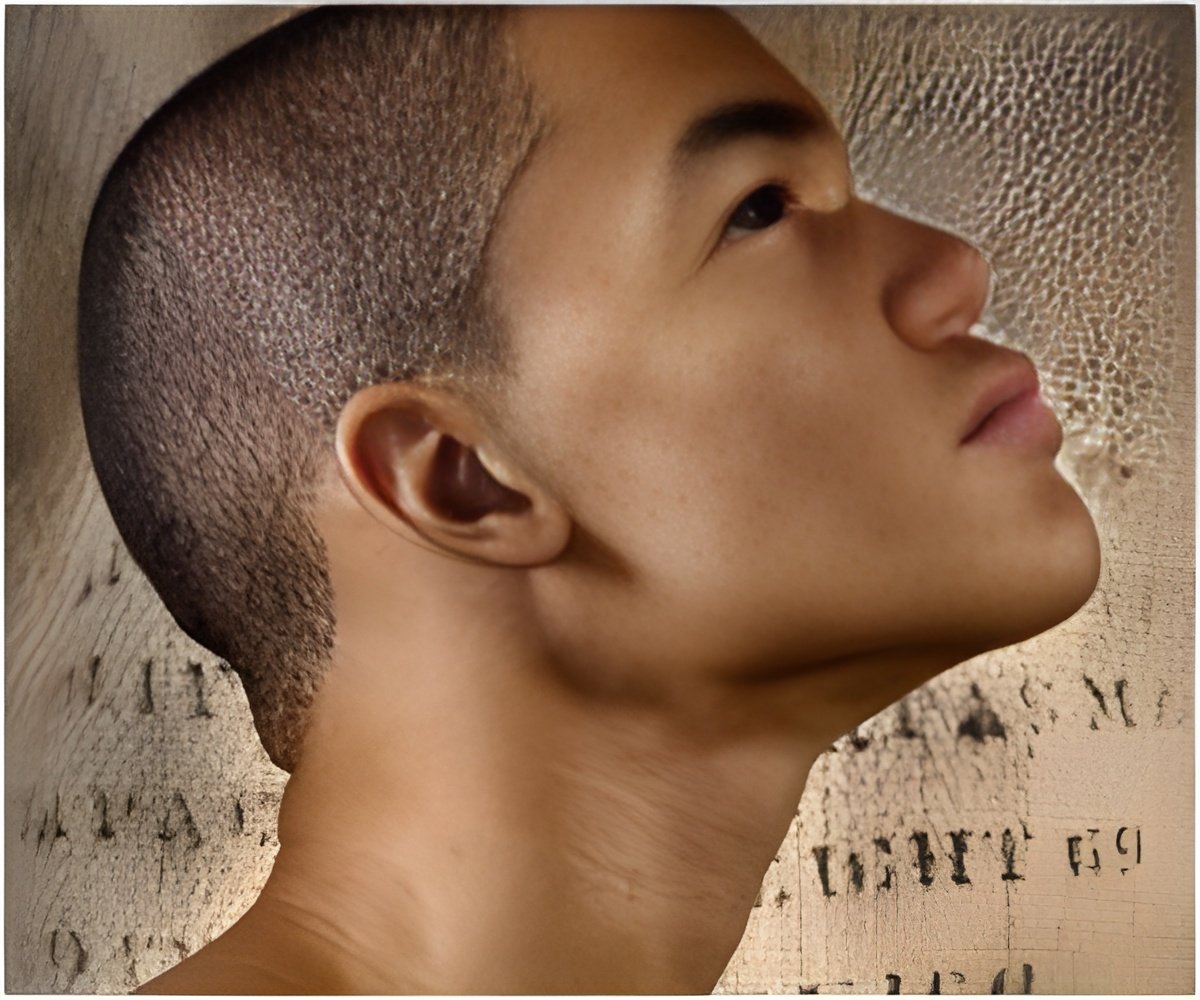Barriers to mental health prevent black men from seeking mental healthcare after physically and psychologically traumatic events.

‘Personal and system-based barriers like lack of health insurance, as well as preference for informal or faith-based support are the reasons for why very few men seek professional mental healthcare.’





"Our focus on urban black men is intended to bring greater attention to a population highly vulnerable to trauma, injury, and suboptimal outcomes after injury," explains the study's senior author, Therese S. Richmond, PhD, FAAN, CRNP, the Andrea B. Laporte Professor of Nursing and Associate Dean for Research & Innovation.
"By understanding help-seeking in urban Black men and others at high-risk for psychological challenges after injury, we are better positioned to create individually-responsive programs that can be seeded within the continuum of trauma care," noted the study's lead-author Sara F. Jacoby, PhD, MPH, MSN, an Assistant Professor in Penn Nursing's Department of Family and Community Health. "What we learned from study participants was that despite suffering from often severe psychological symptoms in the months that followed hospitalization, very few men would seek professional mental healthcare citing both personal and system-based barriers like lack of health insurance, as well as preference for informal or faith-based support."
This study suggests the need for research to identify interventions that will diminish the impact of barriers to care, and identify from whom, where, and how professional mental health help might be more effectively offered to injured black men who live in recovery environments like Philadelphia.
Advertisement










